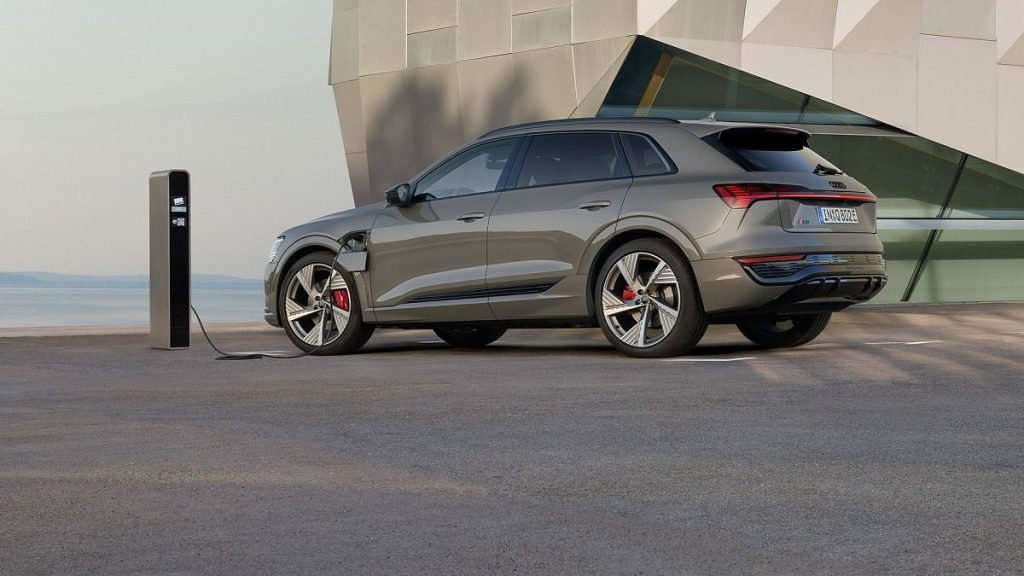Audi’s plant in Brussels, Belgium, which assembles an €80,000 electric SUV, is facing challenges as the price of the vehicle is too expensive for most Europeans. After 2025, production is likely to relocate to Mexico, causing concern among workers and unions in Belgium. The plant, which has been making Volkswagen models since 1949, is now up for sale as Audi aims to stop production. The options for the future of the factory include converting it to produce other Volkswagen group models or selling it to another car manufacturer. However, finding a suitable buyer that meets Volkswagen’s criteria has proven to be difficult.
The Belgium plant employs 3,000 people with an additional 1,000 in related industries. Unions are pushing for the company to prioritize preserving jobs over picking the highest bidder when selling the factory. Following a massive rally in mid-September that paralyzed Brussels, the unions are threatening more strikes and protests. They criticize the European automotive industry for focusing on producing large and expensive electric models that the average citizen cannot afford. The Audi Q8 e-tron electric SUV, with a price tag of around €80,000, is an example of this trend, leading to overproduction and the potential closure of factories in Belgium and Germany.
Despite the challenges, the Belgian unions are not advocating for a return to producing only cars with combustion engines. Instead, they are calling for more public funds for the sector to support the transition to electric vehicles. MEPs who visited the Brussels factory discussed the issues with workers and highlighted the need for a more ambitious reindustrialization plan. This plan should involve not only tariffs on Chinese electric cars, which are cheaper than European models, but also investment in research and development of new technologies. Belgian MEP Estelle Ceulemans emphasized the importance of encouraging European and foreign companies to invest in creating quality jobs while addressing tax aspects and worker training.
The European automotive sector is facing a crisis as the transition to electric cars has not been smooth due to the focus on producing expensive models with limited market accessibility. In the first eight months of the year, only 12.6% of cars sold in the European Union were electric, indicating a slow adoption rate. The push for larger profits with electric vehicles has resulted in overproduction and the closure of factories in Belgium and Germany, threatening thousands of jobs. The situation has prompted discussions at the European Parliament on potential solutions, including tariffs on cheaper Chinese electric cars and investment projects to support the industry.
The unions in Belgium are advocating for a balanced approach that promotes the transition to electric vehicles while ensuring job preservation and economic viability. They are calling for increased public funding and support for the sector to overcome the challenges posed by the transition. MEPs visiting the Audi plant in Brussels highlighted the need for a comprehensive reindustrialization plan that addresses various aspects, including taxation, training, and research and development. The discussions in the European Parliament are expected to focus on finding solutions to the crisis in the automotive sector, balancing the need for sustainability with economic growth and job creation.


